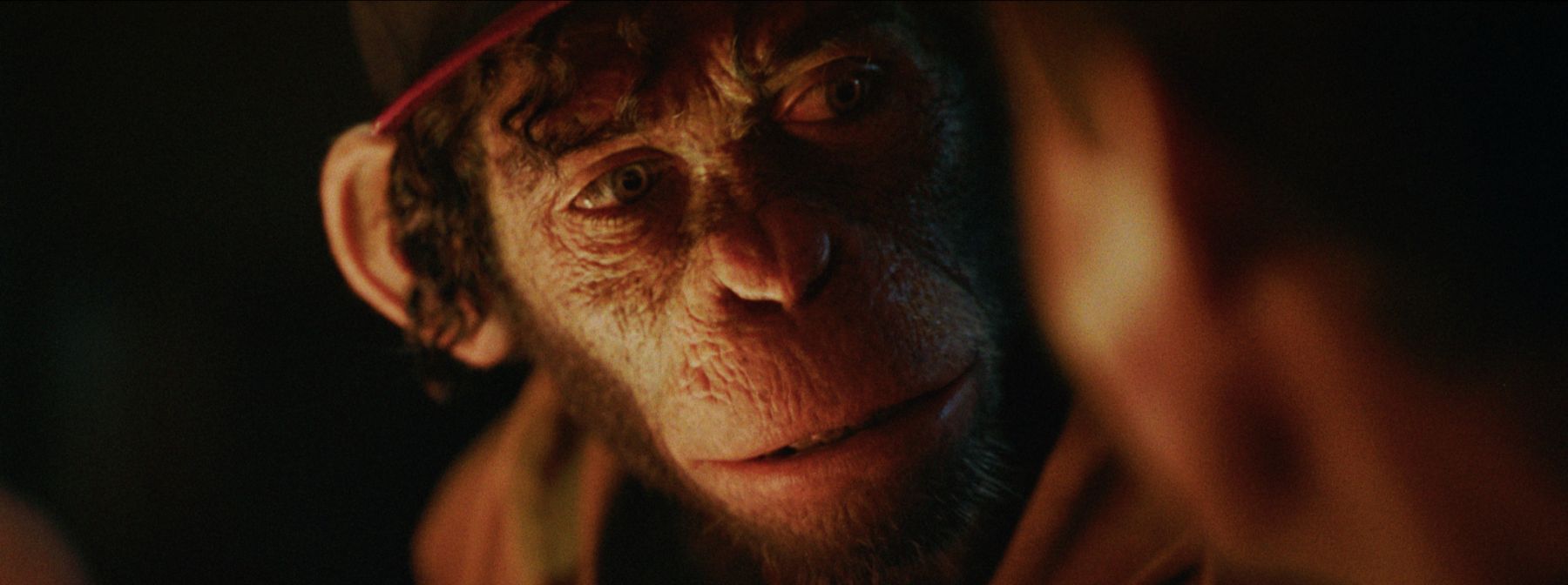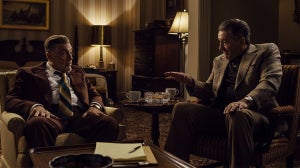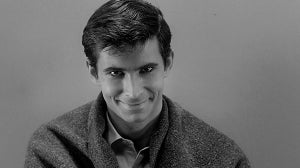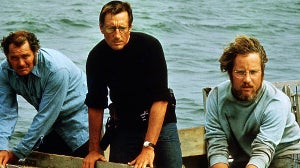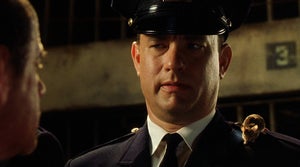
No matter how many times critics and cinephiles complain about the cliched storytelling, reducing every great artist’s life into a rise-and-fall narrative formula, audiences will still reliably turn out to the cinema in droves. Forget Marvel or DC – there's no franchise more powerful than the pop music cinematic universe.
With A Complete Unknown, the Oscar-tipped biopic of Bob Dylan, arriving in UK cinemas this week, we decided to shine a spotlight on ten of our favourite examples of the genre. These are movies which either did something unexpected with the genre’s conventions or hit all the expected notes in a way which was music to our ears.
10. Better Man
A few years ago, Elton John biopic Rocketman was an unexpected shot-in-the-arm for the biopic genre by transforming the pop superstar’s life story into an extravagant greatest hits musical. Following in its footsteps, Greatest Showman director Michael Gracey went one further, realising this approach would be even better if the pop icon in question was played by a walking, talking ape.
However, Better Man is more than just its high-concept stylistic conceit, with the “performing monkey” analogy being a perfect metaphor for how Williams sees himself. It makes for a far more vulnerable self-analysis, with the star not watering down depictions of his self-destructive behaviour at the height of each depressive episode – it's an often-harrowing portrait of a man who has had to battle his personal demons in public since he was a teenager.
9. Straight Outta Compton

The best and most dramatic artist origin stories are usually found within the hip-hop world, yet very rarely do they translate well to the screen; movies about Biggie (Notorious) and Tupac (All Eyez On Me) shouldn’t have been as forgettable as they were. Blockbuster NWA biopic Straight Outta Compton managed to do what neither of them could, marrying an earnest account of the group’s rise from their working-class roots with the sensationalist, maximalist melodrama you’d hope for from a movie diving into their falling out and numerous controversies.
8. What’s Love Got To Do With It?
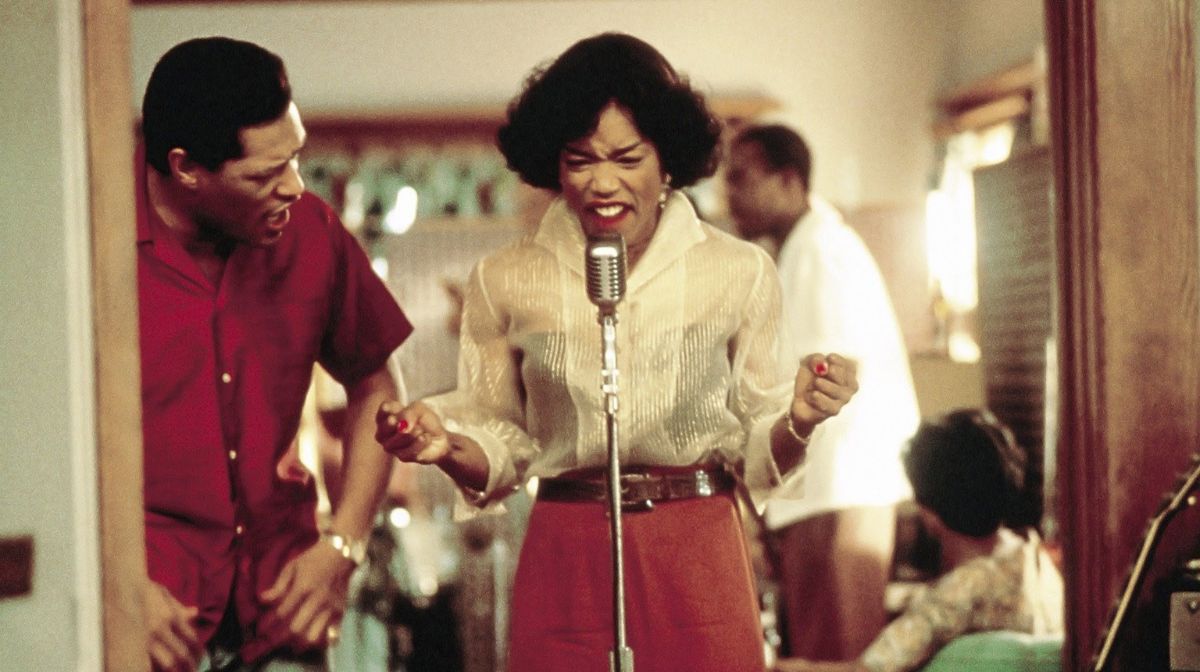
Biopics will either be extensively praised by an artist and their estate (who likely collaborated on the project to ensure no feathers were ruffled) or disparaged for printing the legend rather than setting the story straight. What’s Love Got To Do With It? is the rare case of a movie both celebrated and criticised by its subjects, with Tina Turner criticising the film for depicting her as a “victim”and minimising her strength of character – all whilst singing the praises of star Angela Bassett, who she felt was “perfect”
Due to the very nature of the marriage between Ike and Tina Turner, the end result was far more harrowing than the typical rock icon’s rags-to-riches story. However, thanks to the performances of Bassett and co-star Laurence Fishbourne – both deservedly Oscar nominated – it never feels like a gruelling exercise, both offering enough depth to their subjects that it avoids feeling like a depressing, one-note portrayal of an abusive relationship.
7. Elvis
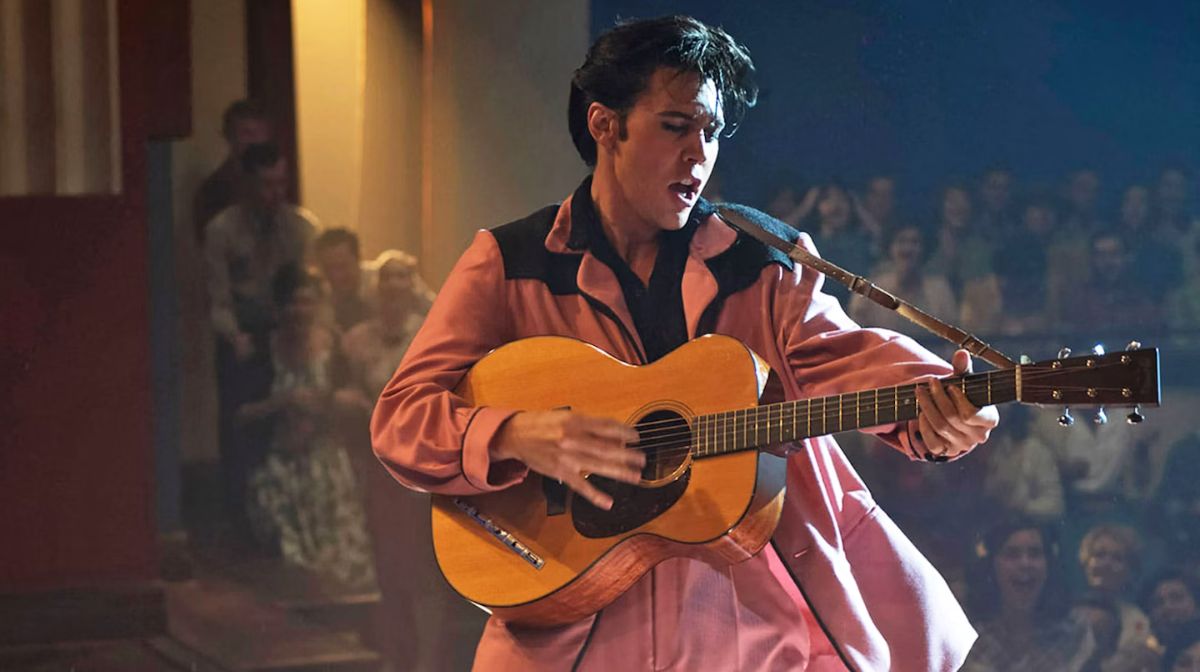
Elvis Presley’s story had been told on the screen before, most notably by John Carpenter and Kurt Russell – but no account of the King’s rise to fame could ever be as memorable as director Baz Luhrmann’s typically flamboyant effort, which throws every cliche and the kitchen sink at the screen. It shouldn’t work, and yet Luhrmann pushes the hallmarks of the genre so far beyond parody, that the sincerity of every narrative staple beneath the highly stylised visuals manages to prove affecting anyway.
He’s also aided by Austin Butler’s performance as Presley being one of the finest interpretations of a well-known cultural figure in recent memory. This is no small feat considering he’s frequently going toe-to-toe with Tom Hanks as Colonel Tom Parker, reinvented here as a Goldmember-esque pantomime villain – that Butler manages to ground the film as it keeps achieving new heights of over-the-top is an achievement few actors could pull off.
6. Behind the Candelabra
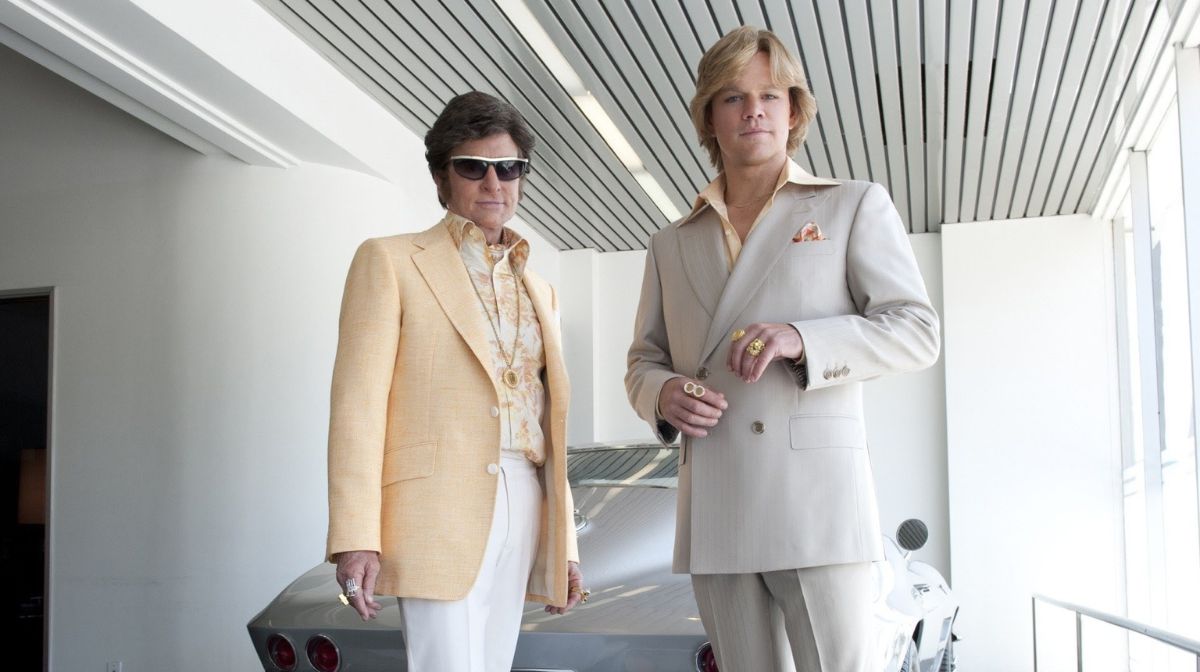
So far, all of the biopics on this list have tried to encapsulate the entire career arc of their respective subjects within a succinct running time, but the most artistically successful biopics tend to be those which focus on one particular era. Such is the case with Steven Soderbergh’s Behind the Candelabra, which view the final years in the life of Liberace – already a Las Vegas institution at the point of introduction – through the eyes of the younger lover he fought to keep out of the spotlight.
Despite the larger-than-life personalities on display, stars Michael Douglas and Matt Damon never make their characterizations feel like mocking caricatures. More impressively, despite the trashy tabloid source material, Soderbergh manages to marry the soapiness of the character drama with a genuine insight about the conflicts which arise when an artist chooses to separate their professional and private lives.
5. Funny Girl
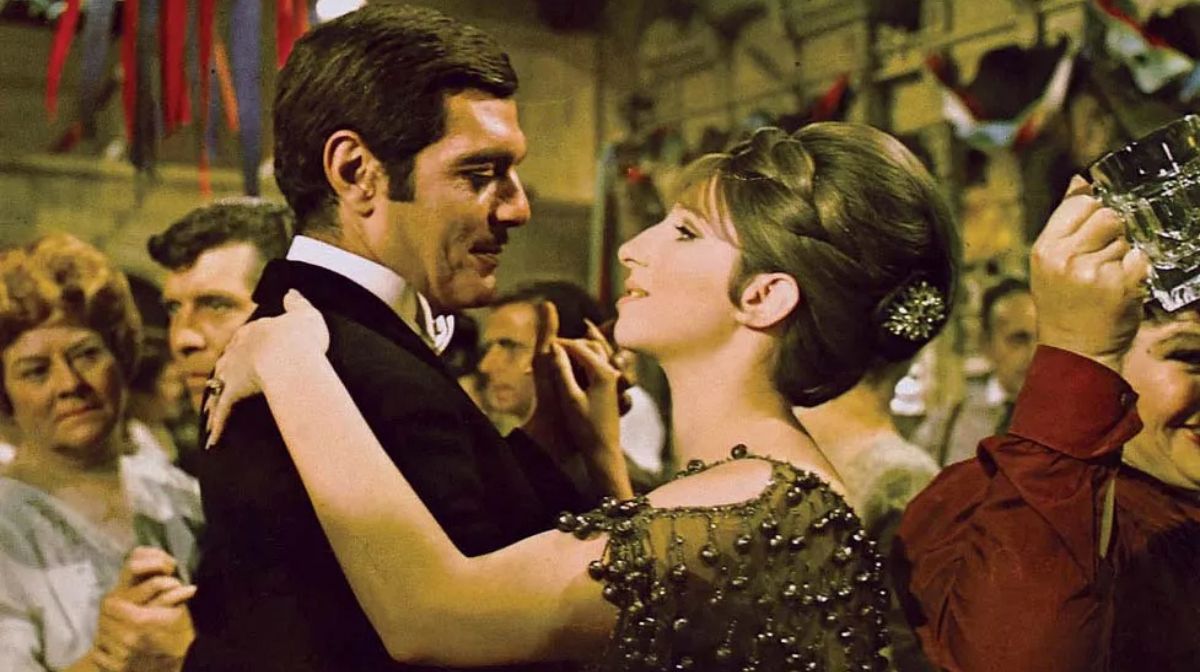
The source material of Funny Girl has endured as a Broadway sensation for decades, to the point it’s now as underrated a biopic as it is celebrated a musical on both stage and screen. The blame for this can largely be laid at Barbra Streisand’s feet, with the role of Fanny Brice being one of the greatest marriages between subject and star in movie history; it’s rare that someone’s own screen persona can be immediately established when portraying a different icon altogether.
Shop Funny Girl in the Criterion Collection.
4.Love & Mercy

The decision to focus on two pivotal eras in the life of Beach Boys frontman Brian Wilson, rather than condense his entire career arc into a single narrative, isn’t exactly a groundbreaking creative choice for a biopic. But with both halves focusing on Wilson’s mental health struggles and how these affected his career as an artist, it makes for a more cohesive whole than you’d expect given the bifurcated structure – no mean feat considering the two actors playing Wilson, Paul Dano and John Cusack, couldn’t look any less alike.
This is also the second film on the list, after Straight Outta Compton, in which Paul Giamatti plays a sleazy manager. Is the trick to making a good biopic hiring him to play a pivotal villain role?
3. Control
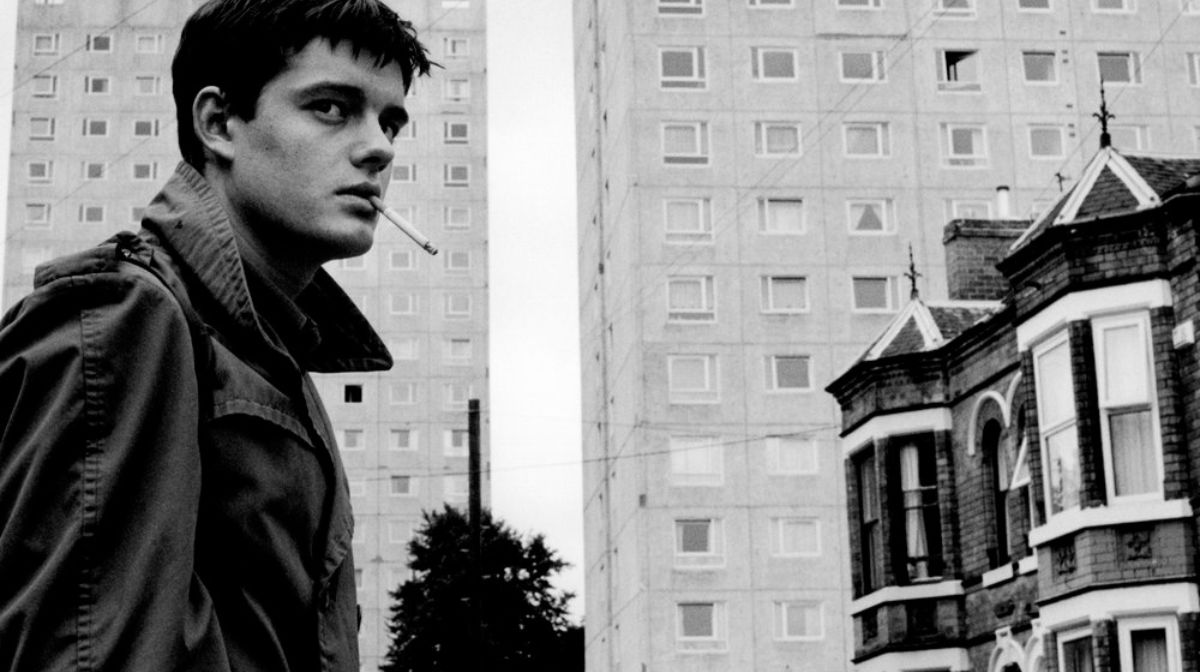
Before becoming a celebrated music video director, Anton Corbijn was a photographer for the NME, capturing stills of icons ranging from David Bowie to U2. However, it was his relationship with Joy Division which made him the perfect candidate to bring the story of frontman Ian Curtis to the screen.
Captured in gorgeous, stark black-and-white reminiscent of his early photography work, this intimate drama explores Curtis’ depression following his epilepsy diagnosis without succumbing to sensationalism or exploitation. Given that this genre will heighten the most intense moments within an individual’s personal life for the sake of drama, it’s a more than welcome approach which makes the film still feel fresh in a sea of biopics nearly two decades later.
2. I’m Not There
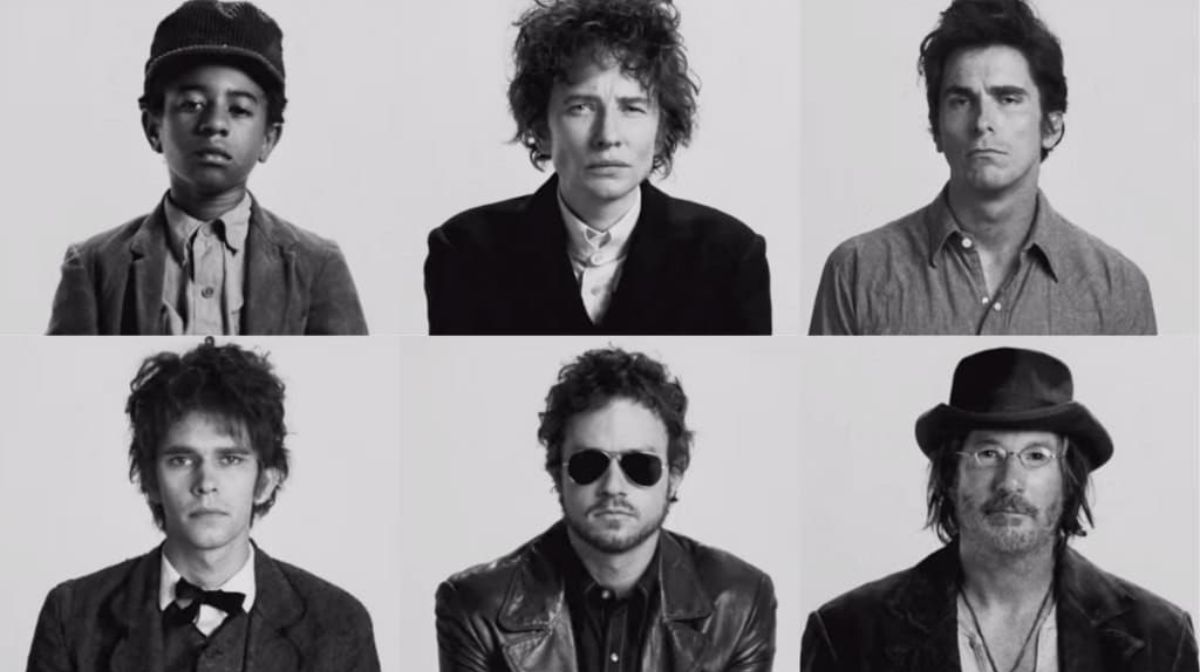
Timothée Chalamet may be getting awards buzz for playing Bob Dylan, but he’s not the first A-lister to bring the folk icon to life. Director Todd Haynes' experimental biopic avoids the typical structure to instead interrogate the various stage personas of Dylan throughout his career, with several actors – including Christian Bale, Heath Ledger and Cate Blanchett – personifying each distinct era.
Bob Dylan himself is never named, and the utilisation of several well-known faces essentially sharing the role should lead to an unfocused, uneven film. In the hands of Haynes, however, it’s a revitilisation of everything audiences have come to love about the biopic genre; it gets under the skin of the mythology surrounding the artist, recontextualising a career so effectively it feels like a comprehensive account of his life, even as it distances itself from the real man.
1. Amadeus
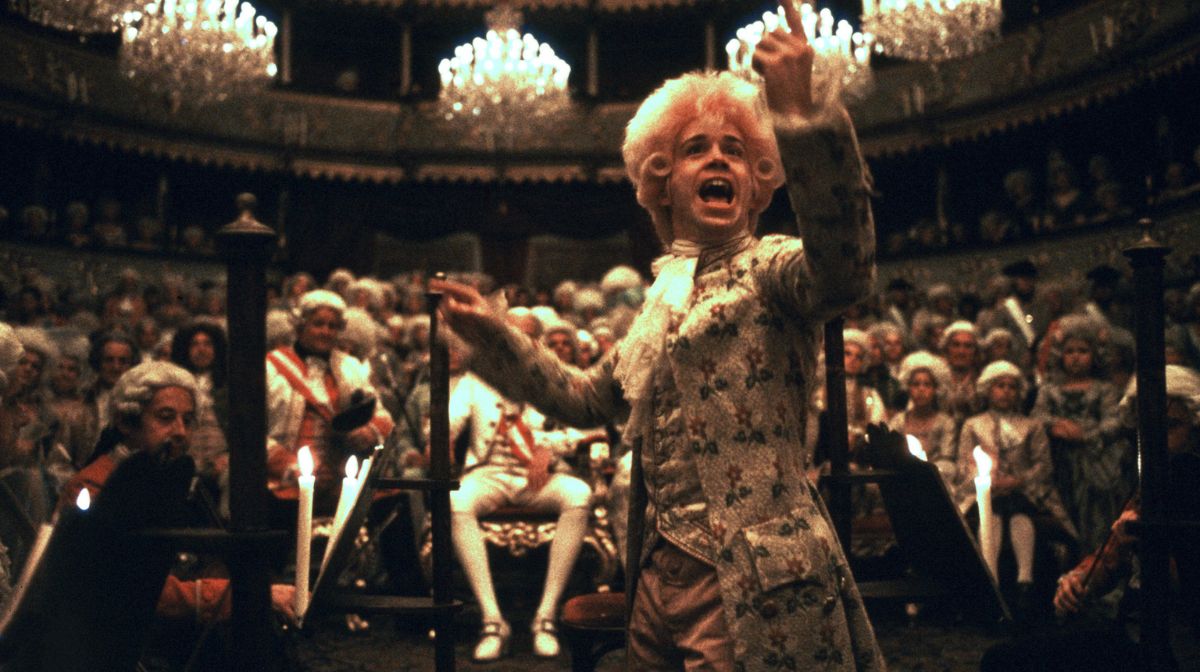
Perhaps the least controversial choice we could think of to top a list of best music biopics, considering it won eight Oscars, was a box office hit, and has endured in the cultural consciousness for 40 years. But Amadeus still feels fresh because of how it breaks from a storytelling formula that was already stale by the 80s, less concerned with historical accuracy than on exploring the enduring cultural myth about Antonio Salieri’s feud with Mozart, the piano prodigy whose genius he was jealous of.
Largely because of its epic length, there’s still a misconception in some quarters that Miloš Forman’s film is a dreary period piece, but that couldn’t be further from the truth. It’s a comic tale of artistic obsession which continues to resonate because of how it dismantles the myth of the “great artist” - sometimes, uninteresting people are blessed with talent, and others will spend their entire life believing they’re far more deserving of it.

